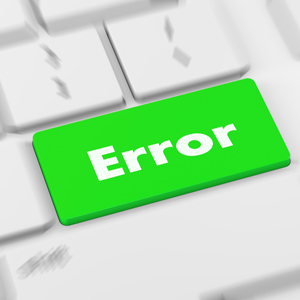Judge's error of law is 'mistake' under rule allowing reopened judgments, Supreme Court rules

Image from Shutterstock.
A judge’s error of law is a “mistake” within the meaning of the federal rule that allows judgments to be reopened, subject to a one-year statute of limitations, the U.S. Supreme Court ruled Monday.
The high court ruled in the case of Dexter Kemp, who argued that a judge’s mistaken ruling in his drug and guns case isn’t subject to Federal Rule of Civil Procedure 60(b)(1) and its one-year filing requirement.
Kemp had sought to reopen his judgment because of a judge’s error in ruling on the timeliness of his motion to vacate his sentence.
Rule 60(b)(1) allows judgments to be reopened for “mistake, inadvertence, surprise or excusable neglect,” as long as the motion is filed “within a reasonable time,” and, at most, one year after the entry of the order under review. Kemp had sought to reopen the judgment nearly two years after the judge’s adverse ruling.
Kemp had argued that his motion to reopen the judgment should instead be evaluated under Rule 60(b)(6), which permits reopening for “any other reason that justifies relief,” so long as the motion is filed “within a reasonable time.”
Justice Clarence Thomas ruled against Kemp in his majority opinion for the court.
“In sum,” Thomas wrote, “nothing in the text, structure or history of Rule 60(b) persuades us to narrowly interpret the otherwise broad term ‘mistake’ to exclude judicial errors of law.”
Thomas said Rule 60(b)(1) applies to all mistakes of law, not just “obvious” mistakes, as proposed by the government.
In his dissent, Justice Neil Gorsuch said granting review was “a questionable use of judicial resources,” and the case was better resolved through the rule-making process.
the case is Kemp v. United States.
Hat tip to SCOTUSblog.
Law360, Courthouse News Service and SCOTUSblog had coverage of the opinion.



